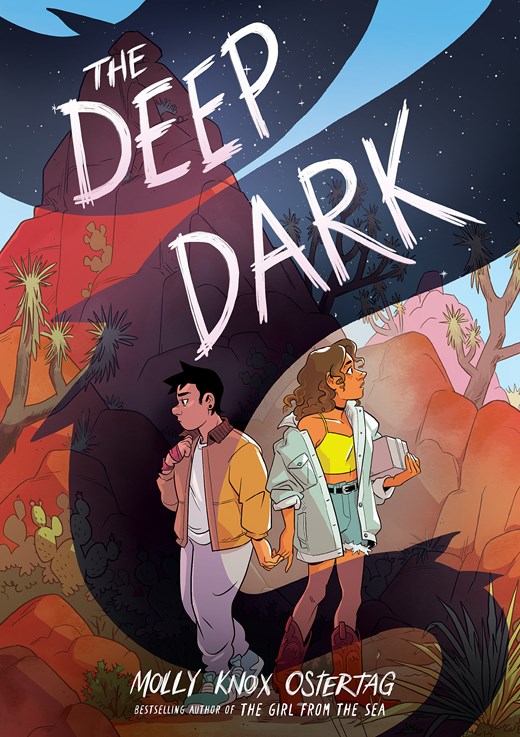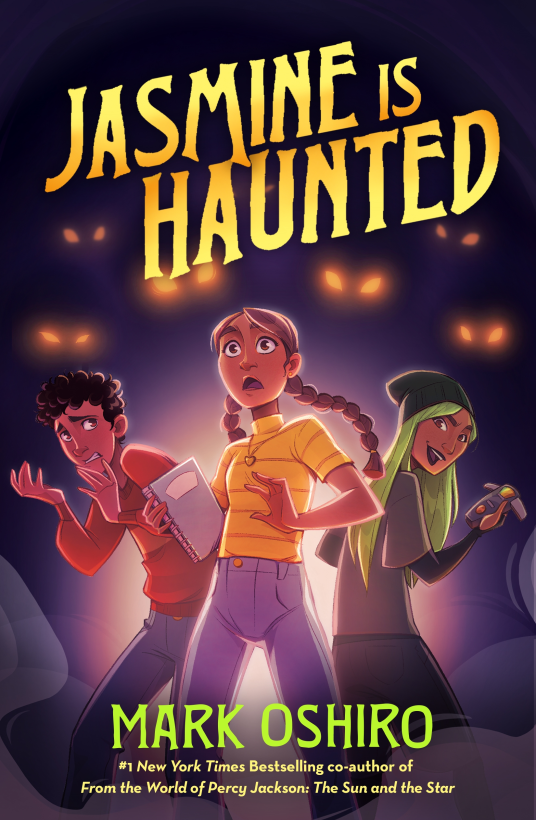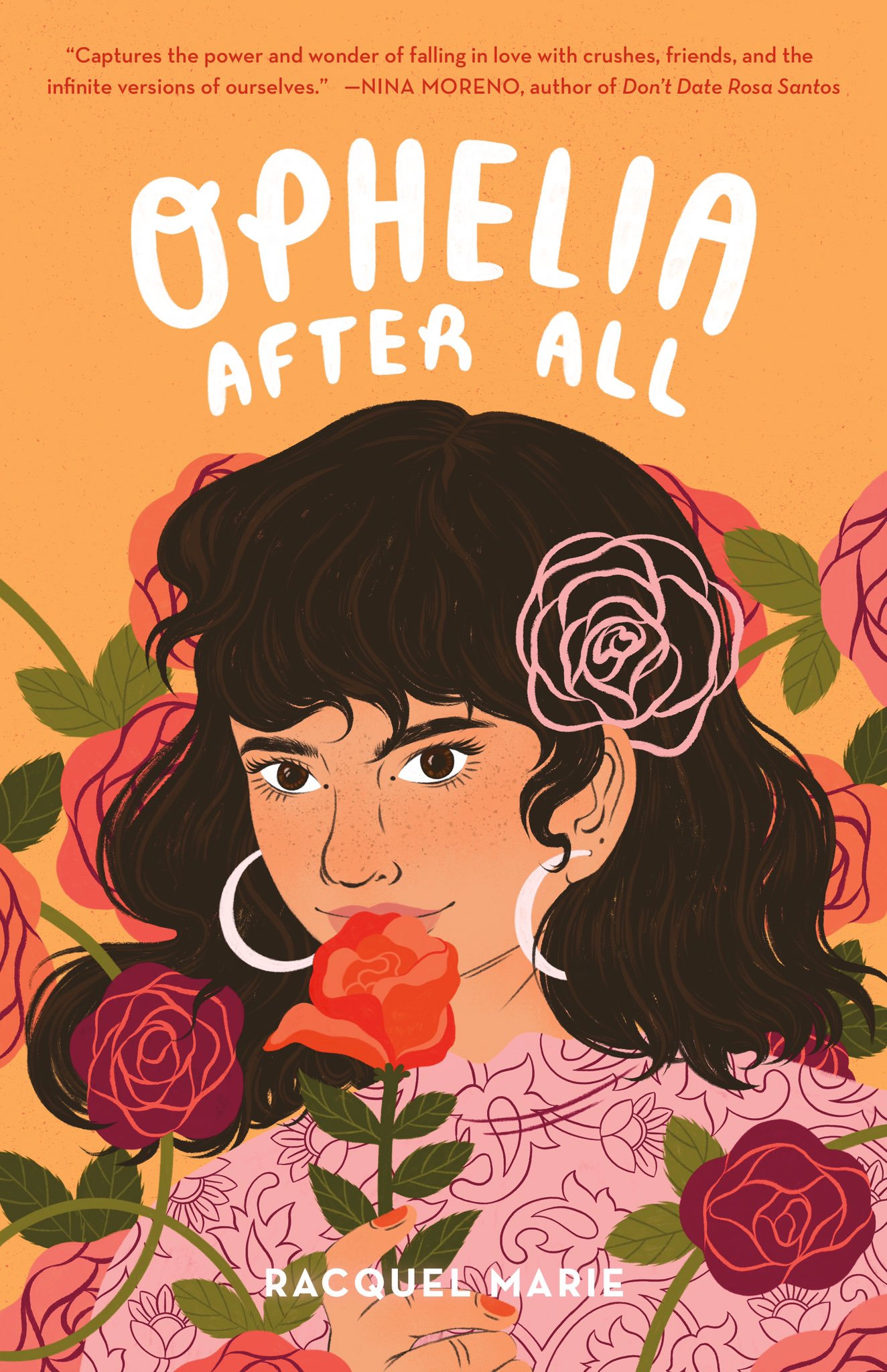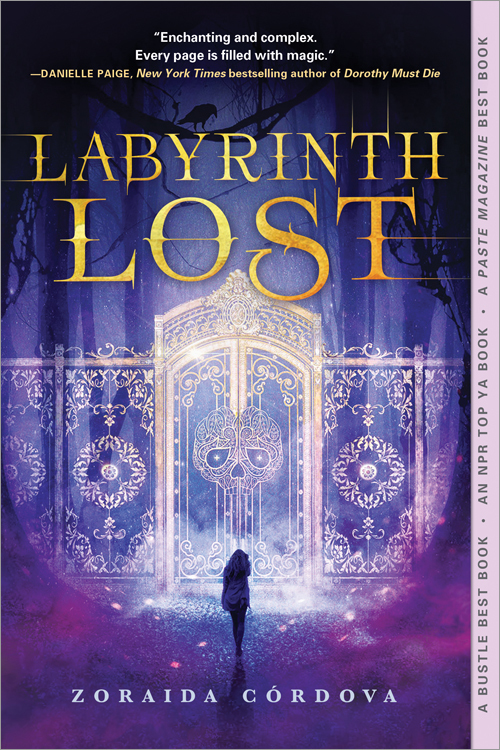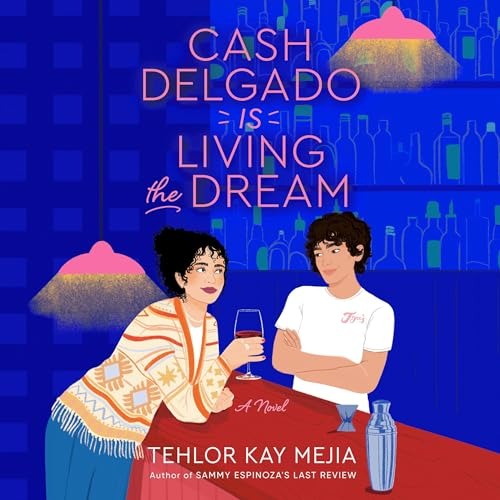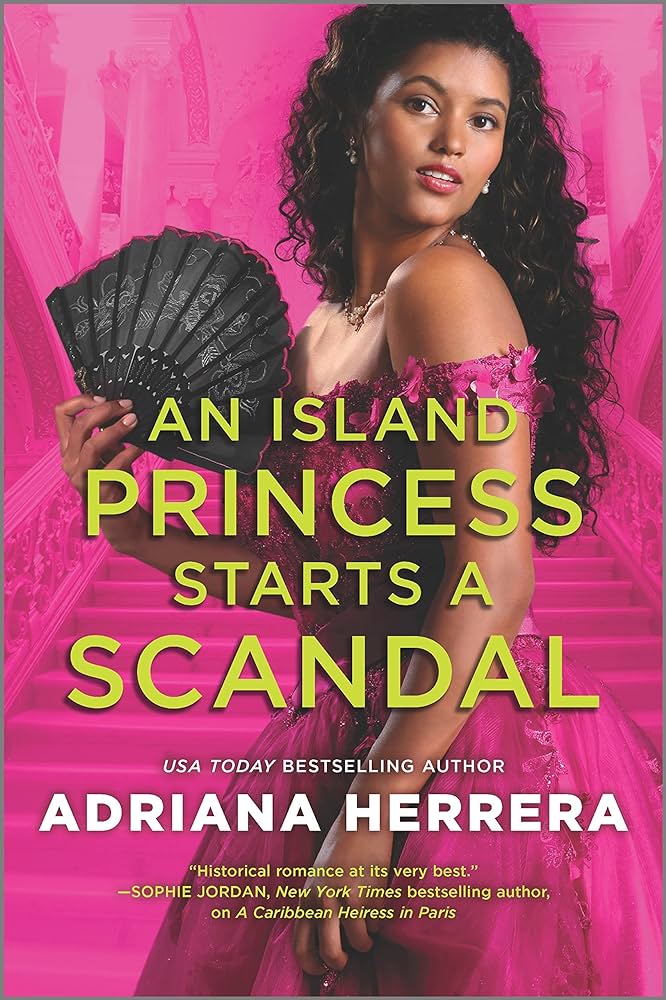Already a fan of Molly Knox Ostertag’s The Girl from the Sea, I had a good feeling about the weighty tome that is The Deep Dark. Friends, this poignant graphic novel delivered and then some. It’s like someone translated the sensation of waiting for the other shoe to drop and described the steps someone would take toRead More
Grief and the Gay Supernatural Alliance: Jasmine is Haunted by Mark Oshiro
Jasmine Garza is tired of moving, she’s tired of switching schools, and she’s tired of her Mami not believing her. Ever since her father died, she’s been haunted—but not by him. By a ghost who wants to ruin her life, apparently, because it keeps getting her into trouble. She’s tried to talk to her MamiRead More
Finding a New Favorite YA Contemporary Author: Ophelia After All and You Don’t Have a Shot by Racquel Marie
Recently, I got to read Racquel Marie’s debut and sophomore releases: Ophelia After All and You Don’t Have a Shot. While the two books had different focuses, they were both compulsively readable coming-of-age stories, and I think any reader of sapphic contemporary YA will find at least one of them to be up their alley. Though it isn’tRead More
10 Sapphic Books to Celebrate Latine Heritage Month & the Spooky Season
September 15th to October 15th is Hispanic/Latine Heritage Month. It happens to overlap perfectly with the spooky season. What better way to celebrate both than with some horror or speculative fiction novels starring sapphic characters? Check out some amazing picks below in no particular order. Her Body and Other Parties by Carmen Maria Machado I’ve reviewedRead More
The Queer Graphic Novel That Had Me Sobbing at 3 A.M.: The Deep Dark by Molly Knox Ostertag
Buy this from Bookshop.org to support local bookstores and the Lesbrary! You’re all fired for not tell me how good this is. I liked The Girl From the Sea, so I put a hold on Ostertag’s newest sapphic graphic novel, but I hadn’t heard anything about it, so I my expectations were pretty grounded. IRead More
A Painfully Oblivious Lesbian Love Story: Cash Delgado Is Living the Dream by Tehlor Kay Mejia
Buy this from Bookshop.org to support local bookstores and the Lesbrary! Your enjoyment of Cash Delgado Is Living the Dream will depend heavily on how you feel about reading hundreds of pages of a truly oblivious queer main character. The kind of character who googles, “Can you be straight and have a sex dream aboutRead More
A Standing Ovation for Clap When You Land by Elizabeth Acevedo
Buy this from Bookshop.org to support local bookstores and the Lesbrary! “There is another girl / on this planet / who is my kin. / My father / lied to me / every day of my life. / [ . . . ] I want to put my fingers / against my sister’s cheek. /Read More
Bestselling Book Gets a Second Wind: Juliet Takes a Breath: The Graphic Novel
Buy this from Bookshop.org to support local bookstores and the Lesbrary! Back in 2016, when I first heard that there was a new young adult novel by a queer Puerto Rican woman from the Bronx who was also potentially my cousin (just kidding—all the Puerto Rican Riveras from the Bronx aren’t related, y’all), I rememberRead More
A Feminist, Latin American Vampire Gothic: Thirst by Marina Yuszczuk, translated by Heather Cleary
Buy this from Bookshop.org to support local bookstores and the Lesbrary! Recently translated into English, Marina Yuszczuk’s queer vampire novel, Thirst (Dutton, March 5, 2024), is partly what I’d hoped for in a vampire fiction, and at the same time, it was nothing like what I’d expected. Although it’s a Gothic, vampire novel on the surface, ThirstRead More
A Steamy Lesbian Historical Romance in France: An Island Princess Starts a Scandal by Adriana Herrera
Buy this from Bookshop.org to support local bookstores and the Lesbrary! “A person could live a lifetime in six weeks, Your Grace. Entire lives have been changed in less.” Picture this: it’s summer, your sunscreen is applied, and you’ve taken the day off to spend solo on the beach. You’ve already taken a dip inRead More
